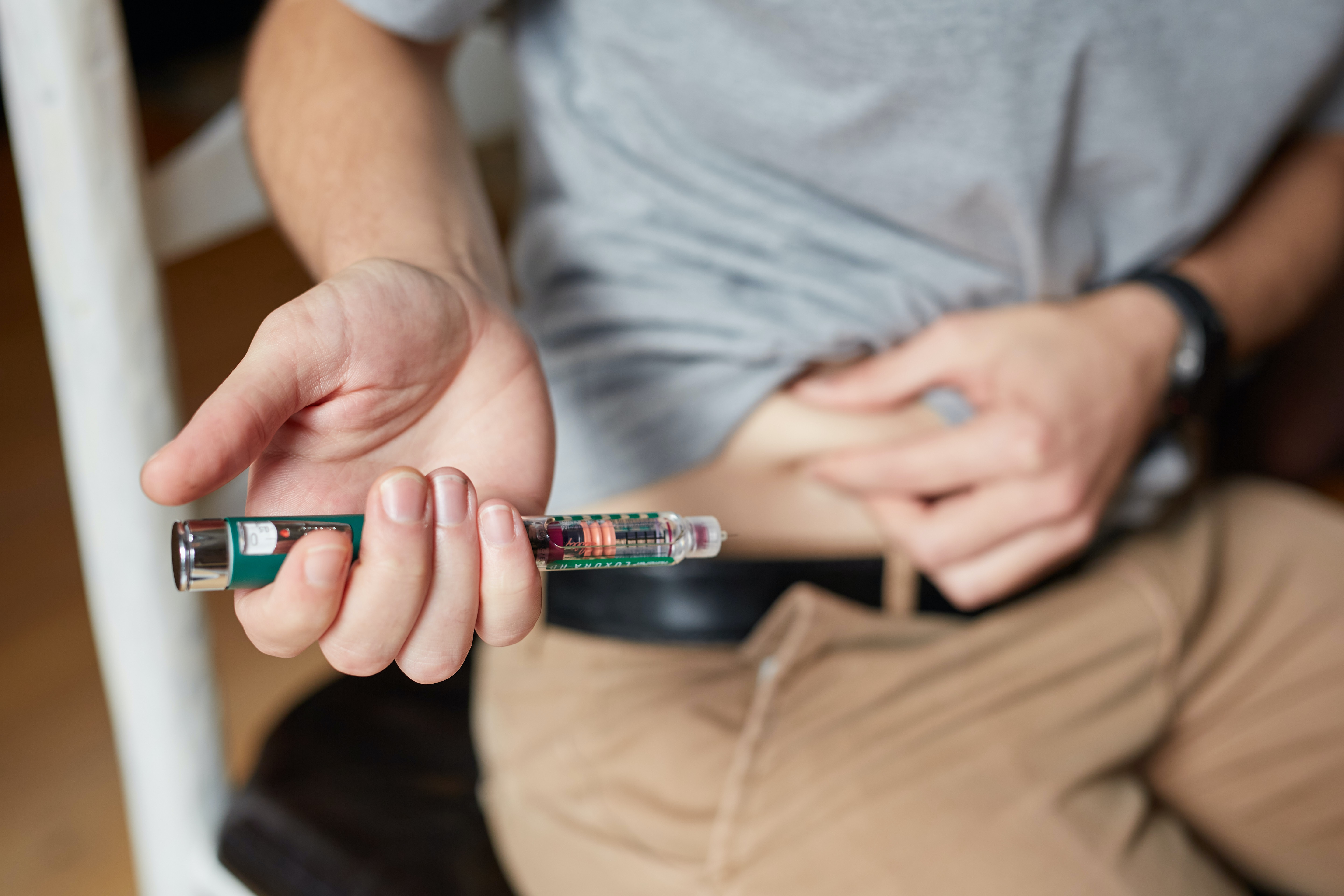
Published 2023-09-05
Keywords
- insulin,
- type 1 diabetes,
- insulin pump,
- artificial intelligence,
- artificial pancreas
- podcast,
- podcast shownotes ...More
How to Cite
Copyright (c) 2023 Meryem K. Talbo, R.D., BSc, MSc, Kate Farnsworth, Ilana Halperin, MD, MSc, FRCPC, Zekai Wu, MD, Ph.D., Maha Lebbar, MD, Renée-Claude Bider, BSc, Predrag Jovanovic, BSc, Masha (Maryia) Samuel, BSc, Katherine Lan, BScH, Neeti Jain, BSc, Khiran Arumugam, BSc, MSc, Dylan Langburt, BSc, MSc, Esther ShinHyun Kang, MD CM, Susan Joanne Wang

This work is licensed under a Creative Commons Attribution-NonCommercial-ShareAlike 4.0 International License.
Abstract
McGill Journal of Medicine (MJM) MedTalks is a Podcast series where members of the medical and health science communities from McGill are interviewed on topics related to career, research, advocacy and more. In season 2, we are opening up the conversation to members of the academic community beyond McGill University. The aim of MedTalks is to open a space where experienced professionals and researchers can share information and advice for trainees in healthcare and medical sciences. In this episode, McGill doctoral candidate and MJM Editor and Podcast member, Meryem Talbo, interviews four guest-experts on the topic of do-it-yourself (DIY) automated insulin delivery (AID) systems for people living with type 1 diabetes, with the aim of demystifying this novel and promising technology. The panel includes Kate Farnsworth, a patient-advocate and founder of an online DIY AID community of over 30,000 people; Dr. Ilana Halpern, an endocrinologist at Sunnybrook Health Sciences Centre in Toronto, with over 10 years of experience in the field; Dr. Maha Lebbar, an endocrinologist/diabetologist and current M.Sc. candidate at the University of Montreal with special interests in new technologies for type 1 diabetes; and Dr. Zekai Wu, a physician and current postdoctoral fellow at the Institut de recherches cliniques de Montréal (IRCM) and McGill University, who introduced the DIY AID system into China and is currently working on new type 1 diabetes technologies. This conversation covers the development of DIY AID technologies, their availability and accessibility to people living with type 1 diabetes, as well as the legality and regulatory frameworks that underlie their use. The show notes include a glossary of terms, links to publications, images, and videos referenced in the episode, and a transcript of Meryem Talbo’s conversation with the guest panel.
Downloads
References
- A blog on the International Consensus Statement on “DIY” or “Homemade” Artificial Pancreases:
- https://type1better.com/en/international-consensus-statement-on-diy-or-homemade-artificial-pancreases/
- Tidepool DIY loop AID software: https://www.tidepool.org/
- Looped DIY AID facebook community, founded and moderated by Kate Farnsworth: https://www.facebook.com/groups/TheLoopedGroup
- Tidepool blogpost on FDA clearance: https://www.tidepool.org/blog/tidepool-loop-has-received-fda-clearance
- Braune, K., et al. (2021). Open-source automated insulin delivery: International consensus statement and practical guidance for health-care professionals. The Lancet Diabetes & Endocrinology. https://doi.org/10.1016/s2213-8587(21)00267-9
- Morrison, A. E., et al. (2022). A scoping review of Do-It-Yourself Automated Insulin Delivery system (DIY AID) use in people with type 1 diabetes. Plos one, 17(8), e0271096.
- Wu, Z., Lebbar, M., et al. (2023). 274-OR: Do-It-Yourself Automated Insulin Delivery (AID) Systems Are Noninferior to Commercial AID Systems in Glucose Management among Adults with Type 1 Diabetes. Diabetes; 72 (Supplement_1). https://doi.org/10.2337/db23-274-OR
- Do-It-Yourself Automated Insulin Delivery: A Position Statement: https://t.co/m10AYTNW9c
- Do-It-Yourself Automated Insulin Delivery: A Health-care Practitioner User’s Guide: https://t.co/9C2USdvwy8
